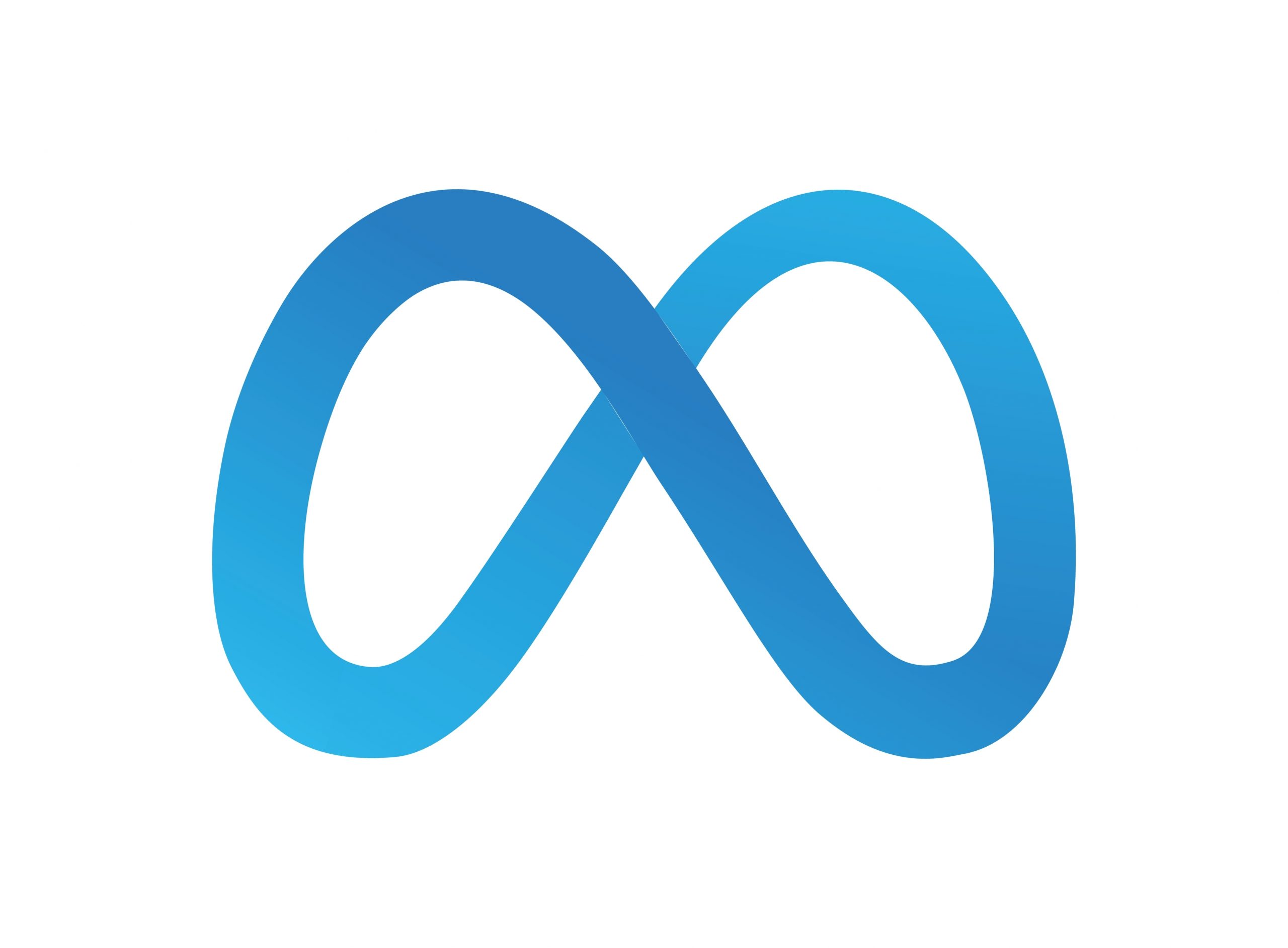In preparation for the upcoming US election, Meta plans to implement measures to identify and regulate AI-generated content on its platforms, including Facebook, Instagram, and Threads. The move is part of Meta’s broader efforts to address the challenges posed by the increasing difficulty in distinguishing AI-generated media from authentic content.

Measures to Detect and Mark AI-Generated Content:
Meta’s global affairs president, Nick Clegg, disclosed that the company is developing tools to detect AI-generated content, even if its metadata has been altered. The platform will begin tagging AI-generated images, and users who upload realistic audio and video files without disclosing their origin will face penalties.
Global Collaboration for Industry Standards:
Clegg highlighted the industry’s lag in developing standards for identifying AI-generated audio and video content. Meta, along with partners such as Adobe, Google, OpenAI, Microsoft, Midjourney, and Shutterstock, aims to ensure the authenticity of content. The company plans to require users to disclose information about AI-generated realistic video and audio recordings.
Addressing Political Misinformation:
With the US presidential elections approaching, Meta is taking proactive steps to prevent the spread of AI-generated content related to politicians. Clegg assured that Meta is testing large language models aligned with community standards to assist human moderators in identifying and managing potentially misleading content, notes NIXSolutions.
In summary, Meta’s initiatives underscore the growing importance of regulating AI-generated content, promoting industry collaboration for standards, and addressing the potential misuse of such content in the context of significant events like elections.
